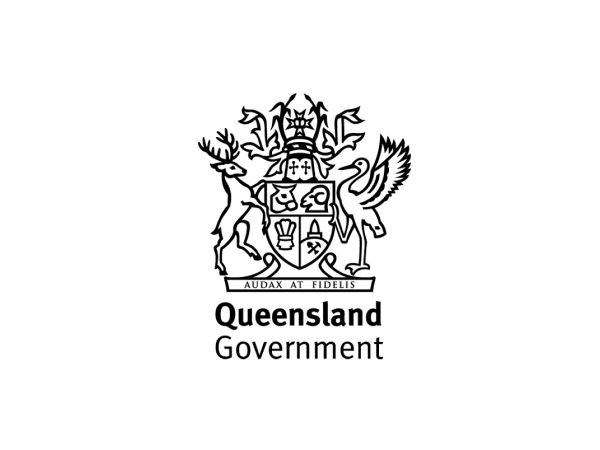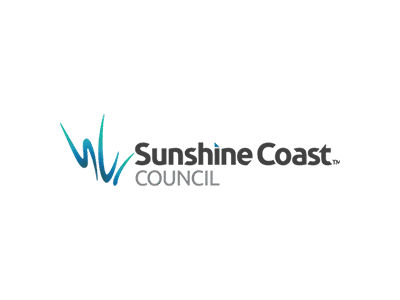Challenge
A Queensland Government Department encountered a predicament as ESRI unveiled forthcoming price hikes for their software licenses. This posed a significant challenge as the Department heavily relied on ESRI software across multiple business units, partially due to inadequate license oversight and governance. With the Enterprise Agreement up for renewal, the government had to carefully assess their expenses and identify avenues for cost reduction without compromising essential GIS functions.
Solution
GIS People was engaged to rationalize ESRI software licenses. The primary objective was to strike a balance between retaining ESRI software for vital and business-critical functions while establishing a comprehensive catalog of ESRI software and associated user licenses. Through meticulous analysis, GIS People successfully identified areas where substantial cost savings could be achieved by exploring alternative solutions.
After careful consideration, a hybrid model was proposed as the optimal approach. This model entailed leveraging ESRI software for key projects and critical capabilities, while incorporating cost-effective open-source software like QGIS and Postgres for non-critical tasks.
Outcomes
- The implementation of the hybrid model resulted in significant cost savings (in the order of $300,000+) for the Queensland Government.
- By utilizing open-source software for non-critical tasks, the government was able to save on software licenses and reduce overall costs while maintaining critical GIS functions.
- The hybrid model also provided the government with a more flexible and scalable solution, allowing them to adapt to changing needs and requirements more easily.






